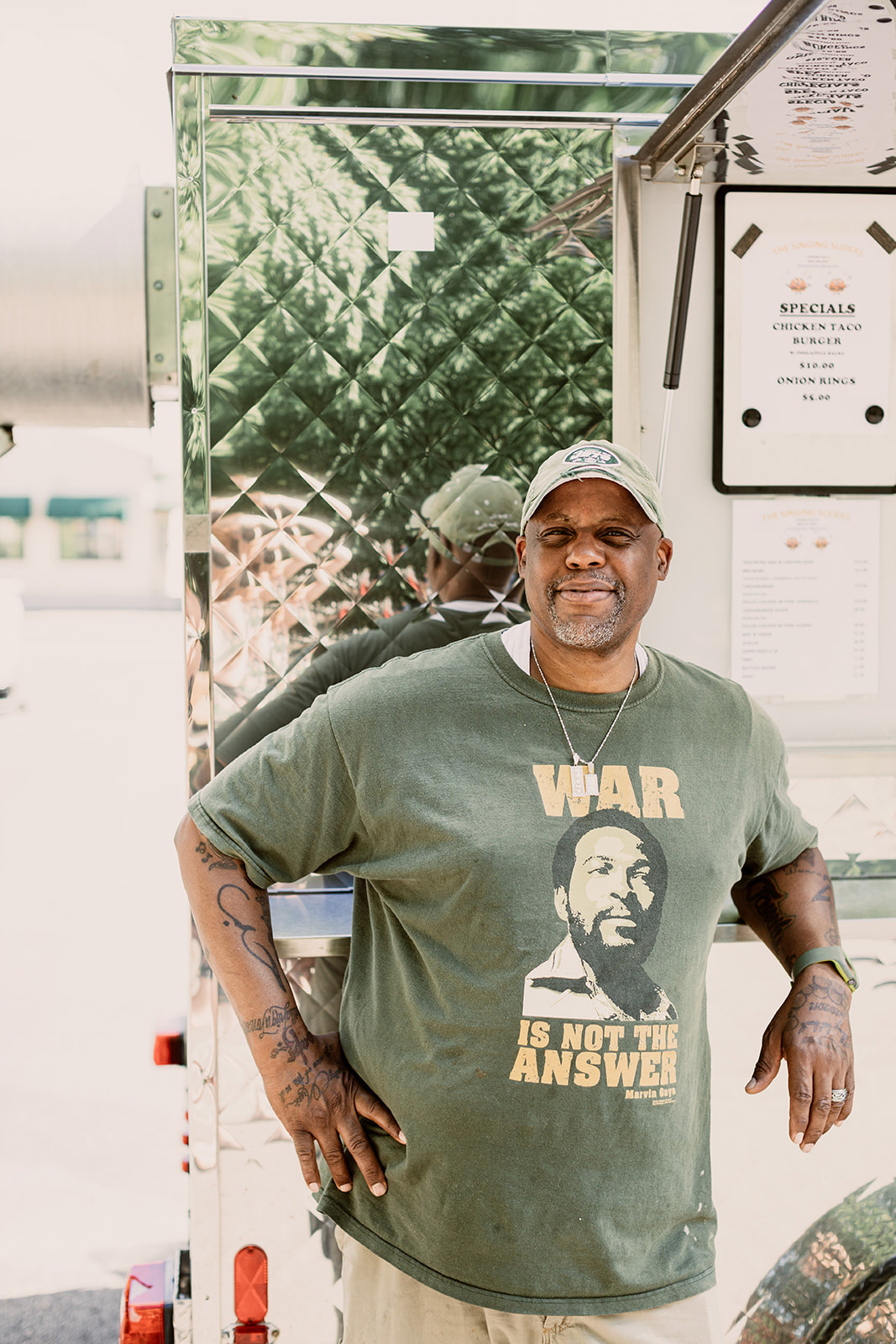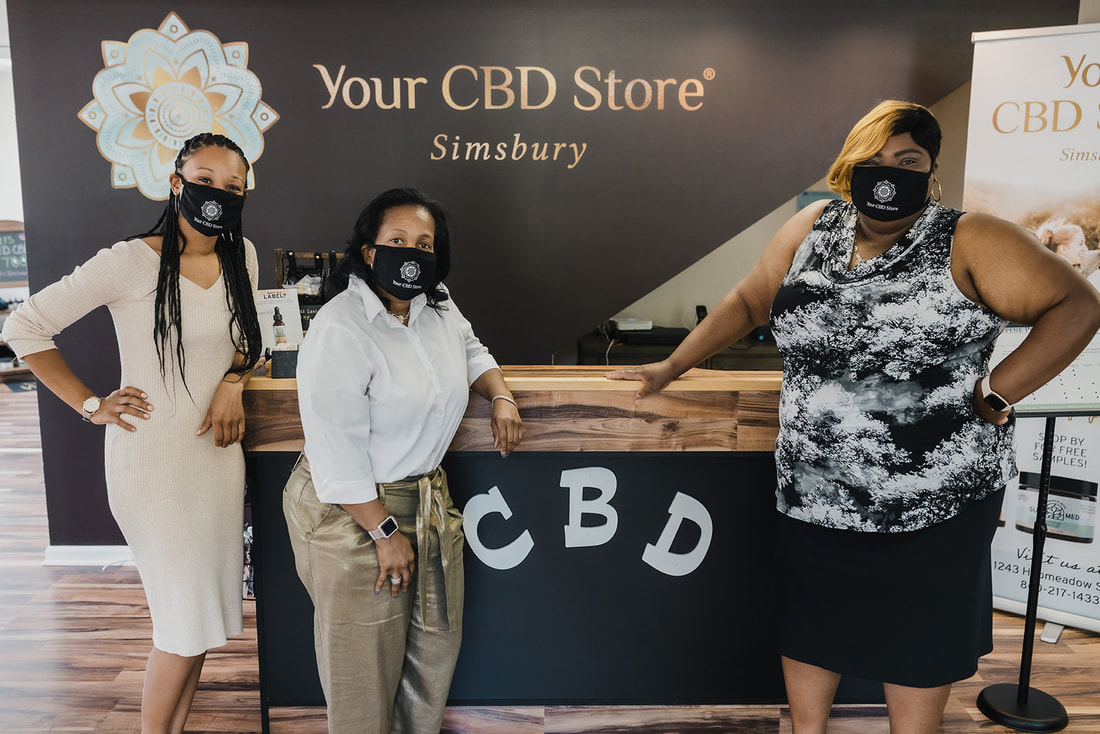|
Photo courtesy of CIO.com By Damon Carter Editor's note: This article is the final installment in a four-part series on how IT leaders can effectively address systemic racism in their organizations. Start reading here or jump to either the first article in the series, which lays the groundwork for effectively addressing systemic racism, the second article in the series, which outlines how IT leaders can begin creating a culture of inclusion and belonging, or the third article in the series, which offers a 5-step approach to building a fair, equitable, and just IT culture. The decision to take a stand against systemic racism by actively supporting social justice reform can be a difficult and pivotal choice for any organization. In today’s social and political climate, there are increased expectations by both employees and consumers for companies to get actively involved in supporting social justice initiatives moving forward. According to the 2019 Edelman Trust Barometer report, 64% of survey respondents say they believe that CEOs can create positive changes in prejudice and discrimination, while 54% say that CEOs should speak publicly on controversial political and social issues that employees care about. And 53% of consumers say that every brand has a responsibility to get involved in at least one social issue that does not directly impact its business... Click here to continue reading. BROWSE THE SHOPBLACKCT DIRECTORY:
0 Comments
7/17/2020 1 Comment THE ECONOMICS OF RACISMPictured: Playa Bowls in West Hartford (Photo by Corey Lynn Tucker Photography) By Yvette Young People often ask, why does ShopBlackCT.com only focus on Black-owned businesses? The quick answer is because of the impact systemic racism has had on the Black community. Let’s use the “Monopoly analogy”—utilized by Kimberly Latrice Jones on social media—to highlight how systemic racism has impacted the economic reality of Black people in America. Imagine you are playing Monopoly for 450 years and for 400 of those years you are not allowed to have money, own any property or have any possessions. Then, for the next fifty years, everything that you earned was taken from you. You are playing for the benefit of the person you are playing against. You have to play to build their wealth and not your own. The question is, how do you win? The answer is that you can not win, because the game is fixed. Left: Reginald White, owner of The Crab Shack King - A Touch of Soul (Photo by Brenda De Los Santos Photography); Right: James Hanton, owner of The Singing Sliders (Photo by Corey Lynn Tucker Photography) "Wealth matters, and when you have played the 'economics of racism Monopoly' for centuries, you do not have the wealth required to start a business and sustain a business through hard times." Black people in America have been trying to catch up for centuries and when we put in the hard work and build our wealth it is burned to the ground like in Tulsa and Rosewood. This leaves us having to start all over again, forever trying to catch up. We are asked to catch up in a system that was established to allow us to remain poor. Practices such as not granting loans to Black individuals so they can buy property is a barrier. Justifying that Black people don’t qualify for loans because they have minimal wealth is a barrier. Using redlining practices to decide what funding goes into certain communities and if a loan to purchase property in those areas is justifiable is a barrier. Systemic racism limits access to financial resources that would allow Black people to invest in themselves and their businesses. Once a Black individual is able to acquire the resources needed to start a business, they are then confronted with the numerous barriers linked to maintaining that business. There is not an equal playing field for Black-owned businesses and they often do not have the resources to market and promote their businesses; often their revenue supports the cost of keeping the business open. Because of systemic racism, there are only a small percentage of Black-owned businesses compared to the total number of businesses in the United States. In fact, only 4.3% of the US’ 22.2 million business owners are Black (Brookings Institute Report, Feb 2020). Pictured: Your CBD Store Simsbury staff and co-owners, Katonya Hughey and Nakia Kearse. (Photo by Corey Lynn Tucker Photography) When faced with obstacles such as a pandemic, the impact on Black-owned businesses becomes insurmountable. The COVID-19 pandemic has had a major impact on Black-owned businesses. The Bureau of Economic Research reported that 41% of Black-owned businesses closed as a result of the pandemic, as opposed to 17% of white-owned businesses. Wealth matters, and when you have played the “economics of racism Monopoly” for centuries, you do not have the wealth required to start a business and sustain a business through hard times. This is why it is important to support Black-owned businesses, because without additional support, many will struggle to survive. ShopBlackCT.com was established to infuse support to Black-owned businesses by creating a platform for them to receive free marketing and promotion for their businesses, which in turn will help them reach new clientele, gain more customers and increase their revenue that will allow them to remain viable. Economic stability is crucial to the sustainability of these businesses. Annette Khodra from Nettie’s Gift Garden stated, “Being posted on ShopBlackCT.com has brought awareness to Black-owned businesses such as mine, which has increased consumer traffic to my site. It is a blessing to have my business being featured on this site. I am grateful for the opportunity to receive free marketing through my connection to ShopBlackCT.com. This site is truly an asset for my business.” Annette’s statement exemplifies why ShopBlackCT.com is critical and a much needed boost for Black-owned businesses. All small businesses matter, but when you look at the history of oppression the Black community has experienced and the lack of generational wealth as a result of that history, there should never be a debate about why there is a need to support Black-owned businesses. Pictured: A delicious meal from My Wife Didn't Cook (Photo by Gary Pope, GDA Weddings) browse the shopblackct directory:
|









 RSS Feed
RSS Feed